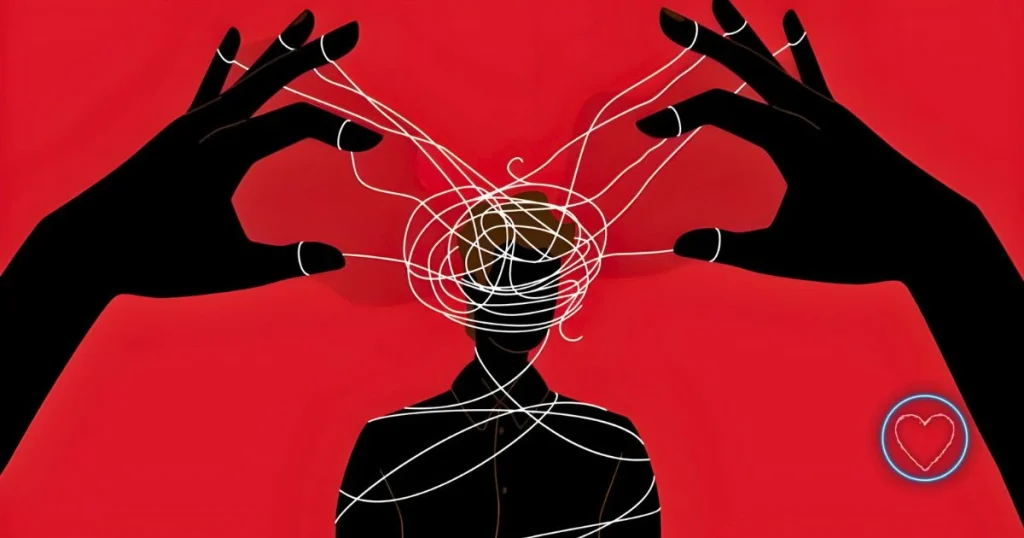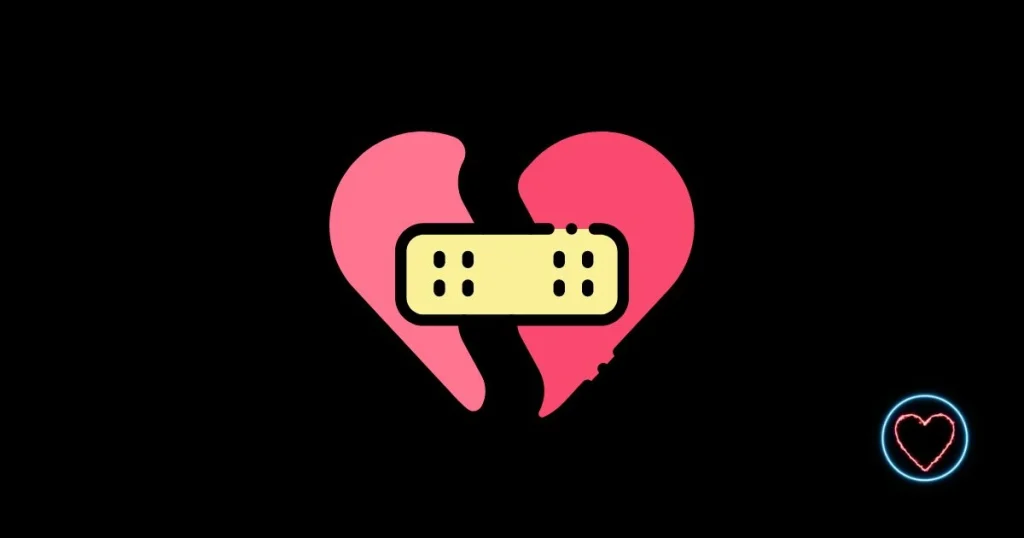Relationships thrive on trust, honesty, and vulnerability—or at least, that’s what we’re often told. But in reality, love doesn’t always operate under such simple rules. Sometimes, lies slip into a relationship like gentle waves, lulling us into comfort rather than crashing down with harsh truths. Even more surprisingly, there are moments when your partner’s lies feel oddly soothing—like a protective blanket shielding you from pain, disappointment, or uncomfortable realities.
Why does this happen? Why can deceit, in certain cases, feel safer than brutal honesty? The answer lies deep within human psychology, emotional survival instincts, and the complex dynamics of intimacy.
The Illusion of Safety
At the core of every meaningful relationship is the desire to feel safe. Emotional safety allows us to open up, trust, and build a life with another person. However, when truths threaten that stability—whether it’s about finances, feelings, past actions, or intentions—some partners resort to lies, believing they are sparing their loved one from unnecessary pain.
For the person on the receiving end, these lies may feel oddly comforting. They offer a version of reality that’s easier to digest, helping maintain peace, stability, and emotional security—at least temporarily.
The Comfort in Denial
Often, people accept these lies not because they’re gullible, but because deep down, they don’t want to face the potential devastation the truth might bring. Denial becomes a defense mechanism.
For instance, a partner may lie about the state of your finances, minimizing debt or income issues to avoid conflict. While deep down you might suspect the truth is grimmer, accepting the softer version provides immediate relief from anxiety.
The Psychology Behind Comforting Lies
The phenomenon of preferring comforting lies over painful truths is not rare; it’s rooted in several psychological tendencies:
1. Cognitive Dissonance
When reality conflicts with our desires, values, or expectations, cognitive dissonance occurs. To ease this mental discomfort, people may unconsciously choose to believe the more palatable version of events that their partner offers.
2. Fear of Loss
Facing painful truths can threaten the foundation of the relationship. A lie that allows you to maintain the illusion of harmony may feel preferable to confronting truths that could result in separation, heartbreak, or drastic life changes.
3. Emotional Dependency
When someone heavily depends on their partner for emotional stability, they may prefer to accept comforting lies rather than risk destabilizing the bond. The lie becomes a coping tool to preserve the relationship’s emotional structure.
4. Hope and Optimism Bias
Many people naturally lean towards hope. They prefer to believe things will work out, even if the reality says otherwise. A partner’s lie that offers hope feeds into this bias, helping delay the emotional toll of harsh realities.
Lies That Often Feel Comforting
Not all lies are created equal. Some lies, especially in relationships, are delivered with seemingly good intentions. Here are common examples where lies can feel more comforting than the truth:
1. “Everything is fine.”
Even when financial, emotional, or personal crises loom, some partners offer this reassurance to avoid burdening the other.
2. “I’m over my ex.”
A partner may downplay unresolved feelings for an ex to avoid triggering jealousy or insecurity, offering the illusion that no past emotional residue remains.
3. “You’re the only one for me.”
While flattering, some people offer this affirmation even when doubts or temptations exist, creating a sense of exclusivity and safety.
4. “I’m happy with our relationship.”
Partners may suppress dissatisfaction to avoid hurting the other, maintaining an atmosphere of contentment despite underlying issues.
5. “I’ll change.”
Often said after repeated patterns of hurtful behavior, this promise can offer momentary relief, providing hope for a better future even if history suggests otherwise.
The Dangerous Trade-Off
While comforting lies may feel soothing, they come with hidden costs. Over time, they chip away at genuine intimacy, creating emotional distance beneath the surface.
1. Erosion of Trust
When lies are eventually exposed, trust suffers severe damage. The realization that one’s emotional comfort was built on falsehoods can feel more devastating than the original painful truth.
2. Delayed Conflict
Comforting lies delay—but do not prevent—conflict. Avoiding difficult conversations often allows problems to grow unchecked, making eventual confrontations even more explosive.
3. False Sense of Security
Believing lies can prevent proactive problem-solving. If one partner lies about finances, for example, necessary adjustments or planning may be ignored until crisis strikes.
4. Emotional Manipulation
In some cases, partners intentionally exploit comforting lies to maintain control, knowing that their partner prefers false security over confrontation.
The Thin Line Between Protection and Manipulation
It’s important to distinguish between lies that aim to protect and those meant to manipulate. Protective lies may come from fear, shame, or the desire to shield one’s partner from pain. Manipulative lies, however, serve the liar’s self-interest and seek to control or exploit the other person.
Unfortunately, many comforting lies begin as protective but gradually morph into manipulation as one partner becomes accustomed to avoiding accountability.
Why We Tolerate the Lies
Several emotional factors explain why people tolerate comforting lies for extended periods:
1. Avoidance of Emotional Pain
Acknowledging painful truths requires emotional strength and often leads to difficult decisions. Avoiding the truth feels easier.
2. Fear of Change
The idea of ending a relationship, facing financial ruin, or dealing with betrayal can be paralyzing. Lies allow the illusion of stability to persist.
3. Social Pressure
Many people feel pressure to maintain the appearance of a perfect relationship, especially in families or communities where failure carries stigma.
4. Hope for Redemption
Some believe that if given time, their partner will genuinely change, rendering the lies irrelevant.
The Awakening: When Lies Collapse
Eventually, most comforting lies unravel. Whether by confession, discovery, or simple exhaustion from maintaining the facade, the truth tends to surface.
The emotional impact can feel catastrophic:
- Betrayal and anger: The person feels deceived and foolish for trusting the lie.
- Grief and loss: Mourning the relationship’s perceived stability is common.
- Self-doubt: Victims often question their own judgment and ability to trust again.
Despite the pain, many also experience a strange sense of relief. The truth, though brutal, frees them from living inside a fantasy.
Healing After Comforting Lies
Recovering from a relationship built partly on comforting lies requires introspection and deliberate healing steps:
1. Acknowledge the Truth
Accept that the lies were present and recognize your role—whether active or passive—in allowing them to persist.
2. Rebuild Trust (if possible)
If the relationship continues, both partners must commit to radical honesty and accountability moving forward.
3. Set Boundaries
Establish clear expectations about honesty and communication to prevent future deception.
4. Therapy and Support
Professional counseling can help process betrayal and rebuild emotional resilience.
5. Self-Compassion
Avoid harsh self-judgment. Recognizing the psychological pull of comforting lies helps you understand that survival instincts, not weakness, influenced your choices.
Can Comforting Lies Ever Be Healthy?
There is debate among relationship experts about whether certain small lies may be harmless or even beneficial. White lies—such as complimenting a partner’s appearance to boost confidence—might play a minor role in maintaining harmony.
However, the moment lies shield serious problems or avoid necessary conversations, they cease to serve any healthy purpose. Long-term intimacy demands authenticity, even when truths are uncomfortable.
Conclusion: Choosing Truth Over Comfort
In every relationship, honesty tests our courage. While comforting lies may feel safe, they often delay inevitable confrontations with reality. True intimacy requires the bravery to face uncomfortable truths, trusting that the strength of the relationship can withstand temporary pain in exchange for deeper authenticity.
If you find yourself in a relationship where your partner’s lies feel more comforting than the truth, take it as a signal. Behind the comfort may lie unsolved problems, buried emotions, or deeper conflicts that demand your attention.
Love is not the absence of conflict—it’s the ability to confront it together, openly and truthfully.




















